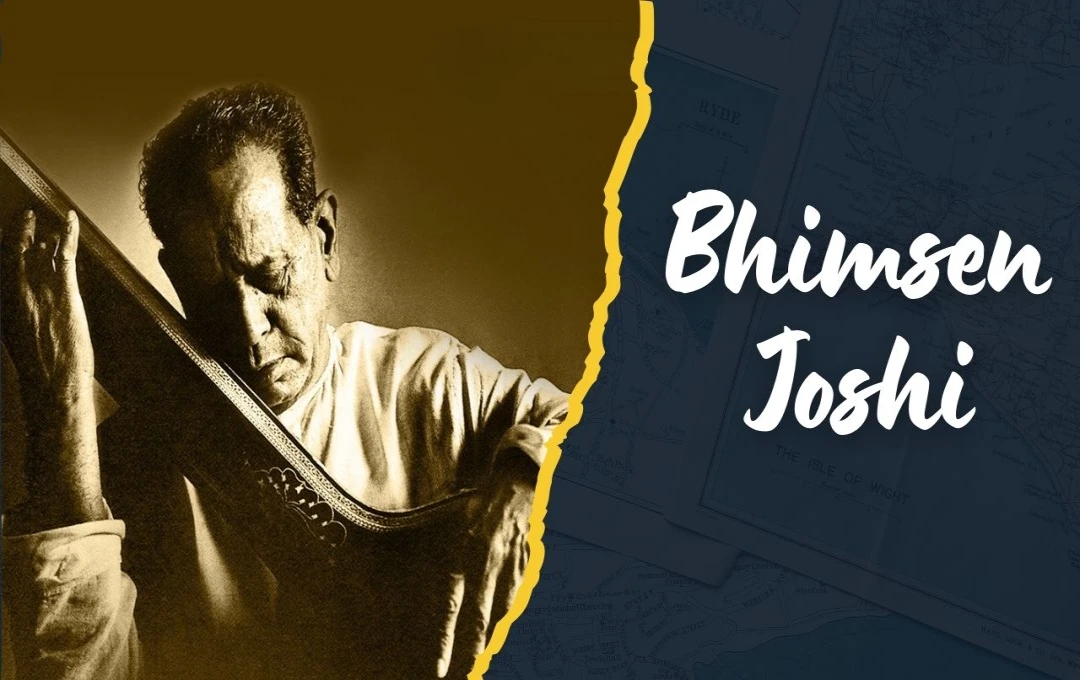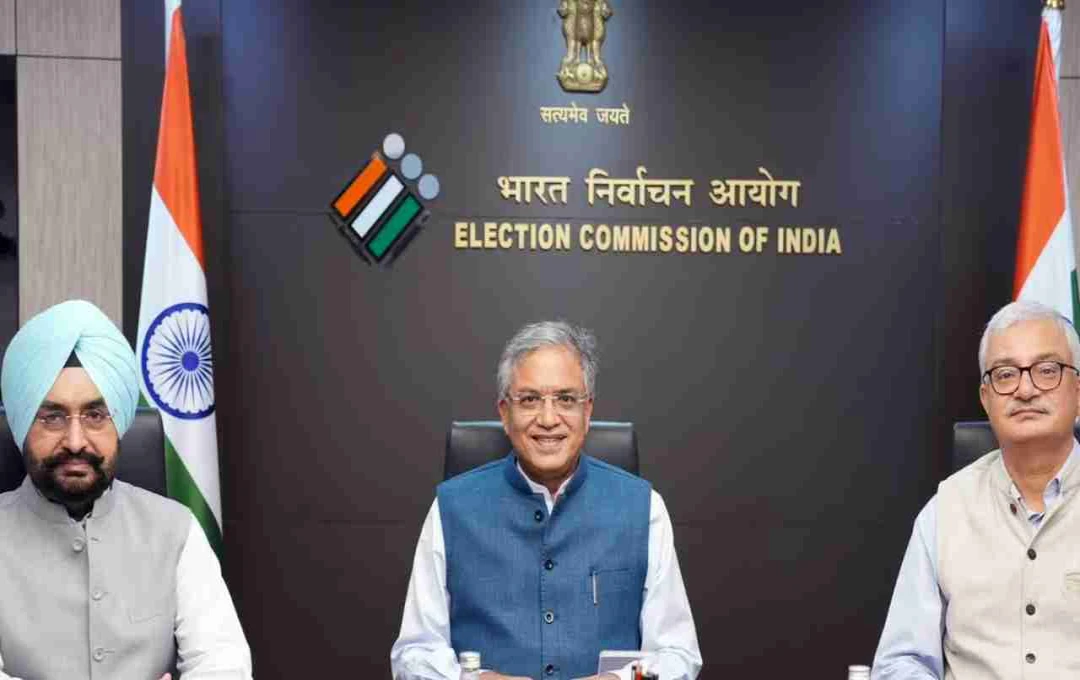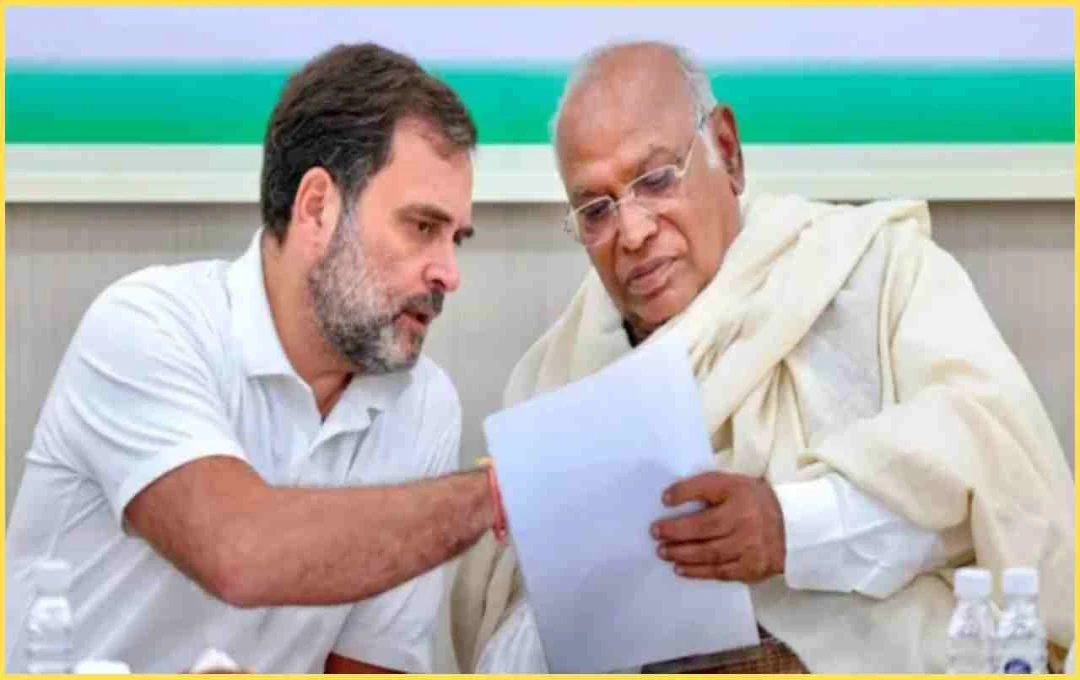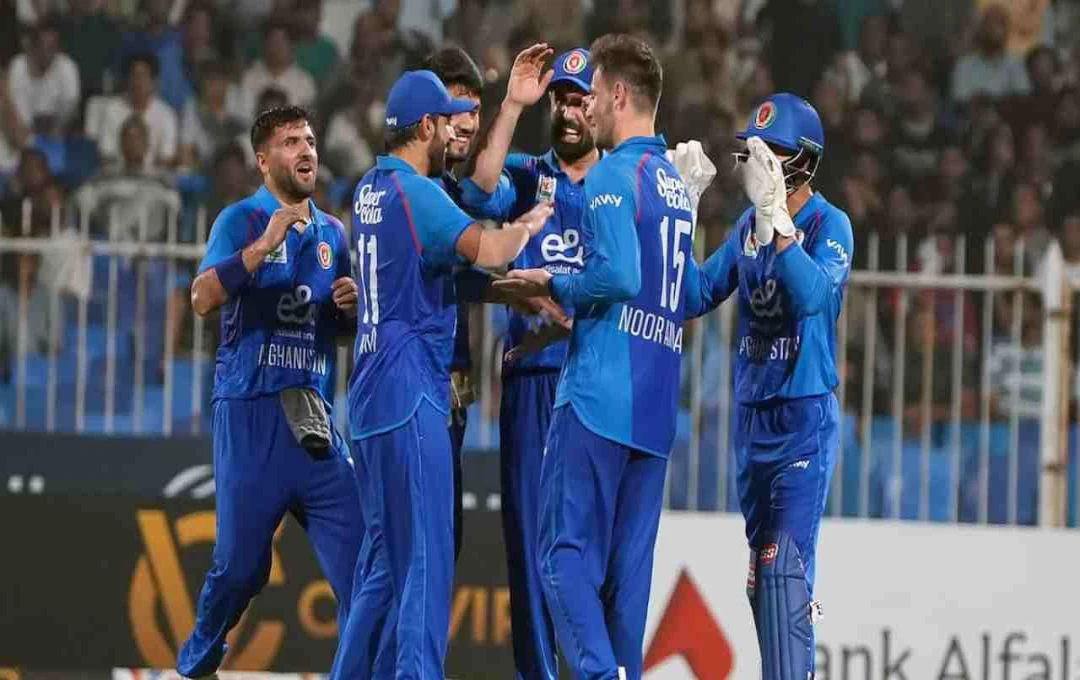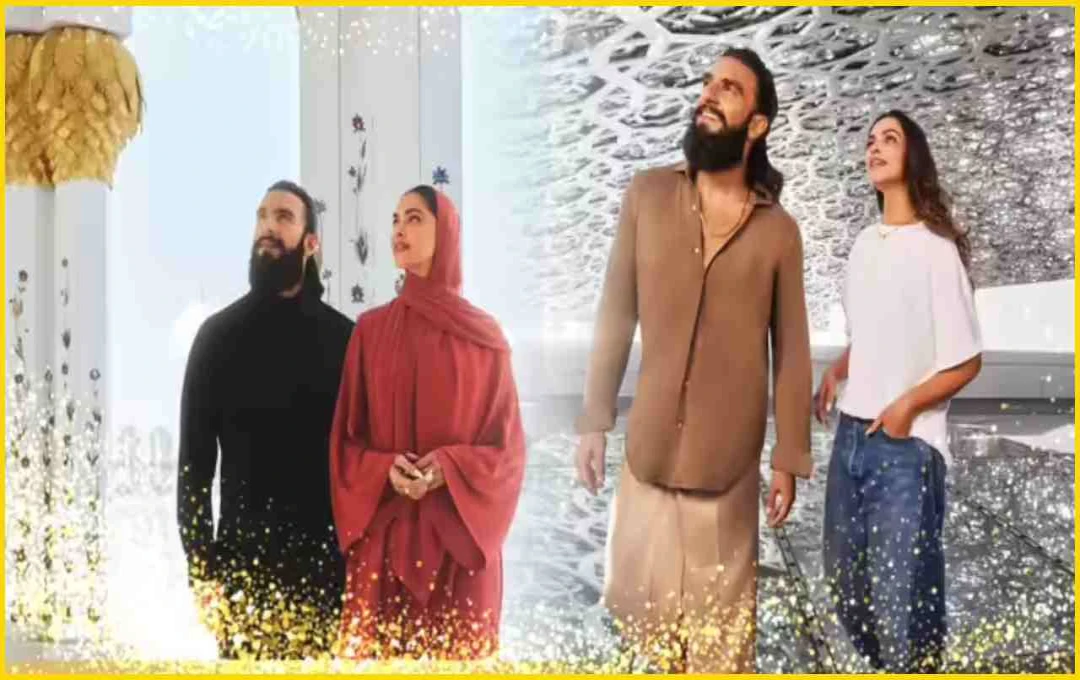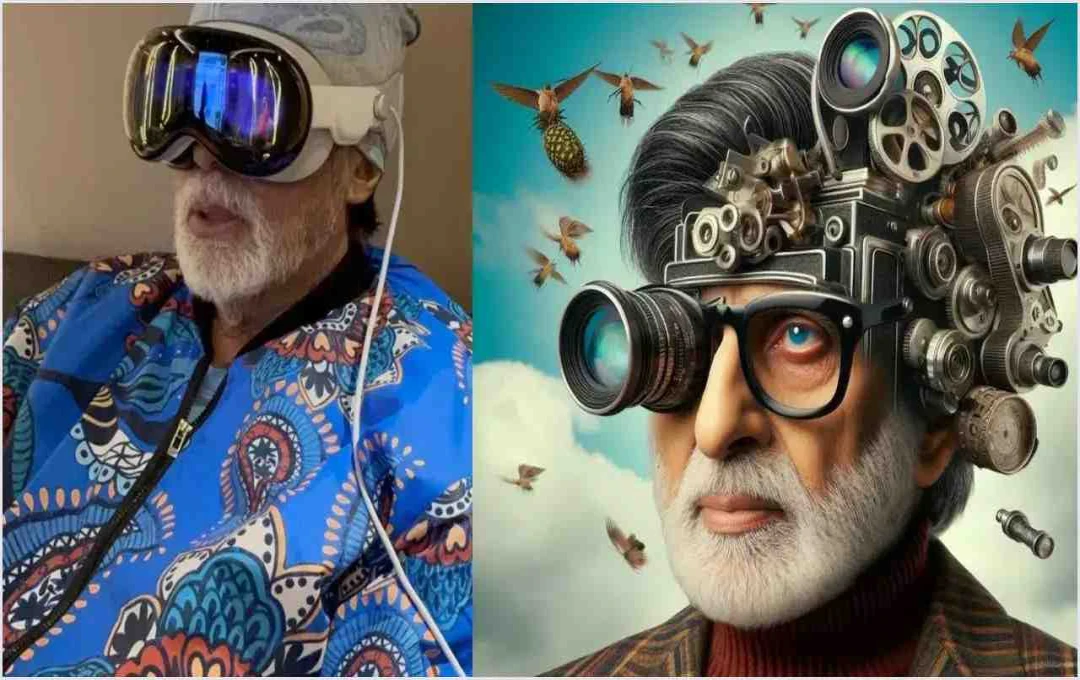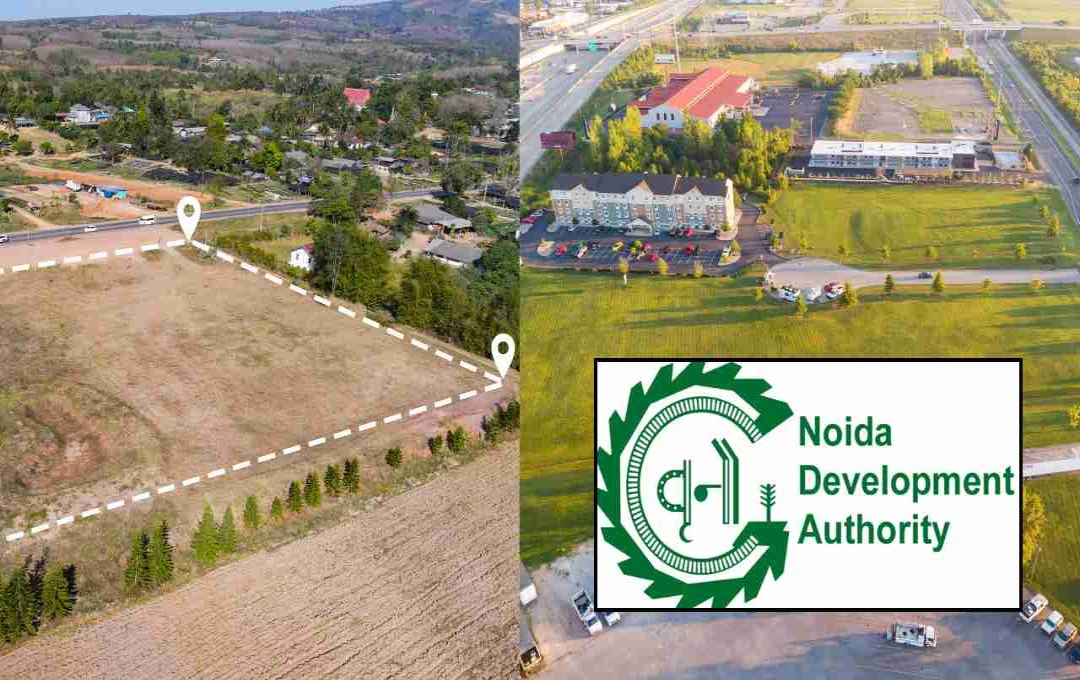Pandit Bhimsen Joshi made unique contributions to Indian classical music. His Khayal singing, devotional songs, and depth in ragas made him famous at home and abroad. His life and music inspired a new generation and enriched the Indian cultural heritage.
Bhimsen Joshi: In the realm of Indian classical music, Pandit Bhimsen Joshi's name is always taken with respect and reverence. Born on February 4, 1922, in Ron, Dharwad district of Karnataka, Bhimsen Joshi dedicated his life to music as the ultimate pursuit. His voice and singing style earned him a unique identity not only in India but also on international stages.
Bhimsen Joshi's musical career was not limited to technical proficiency; his singing reflected a wonderful blend of emotions and the depth of ragas. He had mastery in Khayal singing of Hindustani classical music and conveyed his art to the masses through devotional songs such as bhajans and abhangs. Pandit Joshi's musical tradition belonged to the Kirana Gharana, and he played a significant role in carrying forward the tradition of his guru, Pandit Sawai Gandharva.
Early Life and Inclination Towards Music
Bhimsen Joshi was born into a Deshastha Madhava Brahmin family. His father, Gururaj Joshi, was a teacher, and his mother passed away when he was young. Being the eldest of 16 siblings, Bhimsen also bore the burden of family responsibilities. From childhood, he had a keen interest in music and musical instruments. He often followed processions with music bands and would fall asleep somewhere, exhausted. His father had "Teacher Joshi's son" written on his shirt for his name and identification, so that anyone could safely send him back home.
His first music education was from Channappa of Kurtakoti, who taught him the nuances of Raga Bhairav and Bhimpalasi. This early training formed the basis of his unique singing style in the future. Bhimsen Joshi considered music to be the supreme purpose of his life since childhood.
The Search for a Guru and Training with Sawai Gandharva
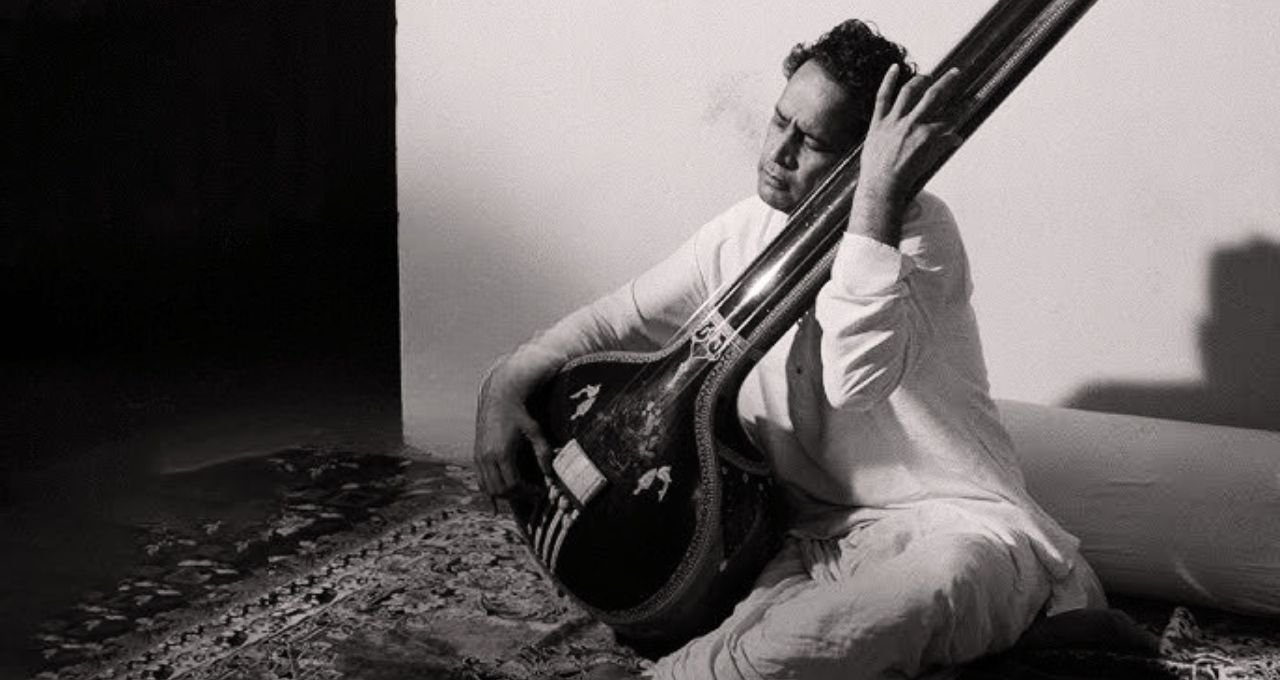
When Bhimsen had the opportunity to listen to Ustad Abdul Karim Khan's thumri 'Piya Bin Nahi Awat Chain', his dedication to music became even ber. After this, he also listened to Pandit Sawai Gandharva's singing and decided to become his disciple. In 1933, at the age of only 11, Bhimsen set out in search of his guru, traveling to Bijapur and later to Pune, Gwalior, and many other cities.
In 1936, Sawai Gandharva accepted him as his disciple. Pandit Joshi, following the Guru-Shishya tradition, stayed at his guru's house and received intensive musical training. His senior co-disciple was Gangubai Hangal, whom he respected greatly.
Beginning of Career and Popularity
Bhimsen Joshi gave his first public performance in 1941 at the age of just 19. In 1942, his first album, which included some Marathi and Hindi bhajans, was released by "His Master's Voice." After joining as a radio artist in Mumbai in 1943, his career began to flourish rapidly.
In 1946, his performance at an event organized on the occasion of his guru Sawai Gandharva's 60th birthday was highly appreciated by both the audience and the guru. This performance earned him national recognition.
Contribution to Hindustani Classical Music
The hallmarks of Pandit Bhimsen Joshi's singing were his naturalness, pure notes, mastery over fast and long taans, and his command of rhythm. He made wonderful use of melodic and long aakar taans, which demonstrated his extraordinary breath control. Even though he used sargam taans less frequently, his singing always had effortless and unexpected turns.
His favorite ragas included Shuddha Kalyan, Miyan ki Todi, Bhimpalasi, Darbari, Malkauns, Yaman, and Ramkali. Pandit Joshi never decided to venture into experimental music, but he presented a wonderful blend of Hindustani and Carnatic classical music by performing jugalbandi with Pandit M. Balamuralikrishna.
Devotion and National Songs
Bhimsen Joshi was not only excellent in classical music but also in devotional music. He recorded Hindi, Marathi, and Kannada bhajans. His devotional songs left a deep impression on the hearts of the masses.
His national identity was further strengthened by the song "Mile Sur Mera Tumhara" (1988), which he composed at the request of the then Prime Minister Rajiv Gandhi. This song reflects India's cultural diversity and unity. In addition, he also participated in "Jana Gana Mana" with A. R. Rahman on the occasion of India's 50th Republic Year.
Contribution to Films and Playback Singing
Pandit Bhimsen Joshi also sang for several films. These include the Hindi film "Basant Bahar" (1956), the Marathi film "Swayamvar Zhale Siteche" (1964), and the Kannada film "Sandhya Raga" (1966). He also sang in the Bengali film "Tansen" and the Bollywood film "Ankahee" (1985), for which he also received the National Film Award.
Sawai Gandharva Music Festival
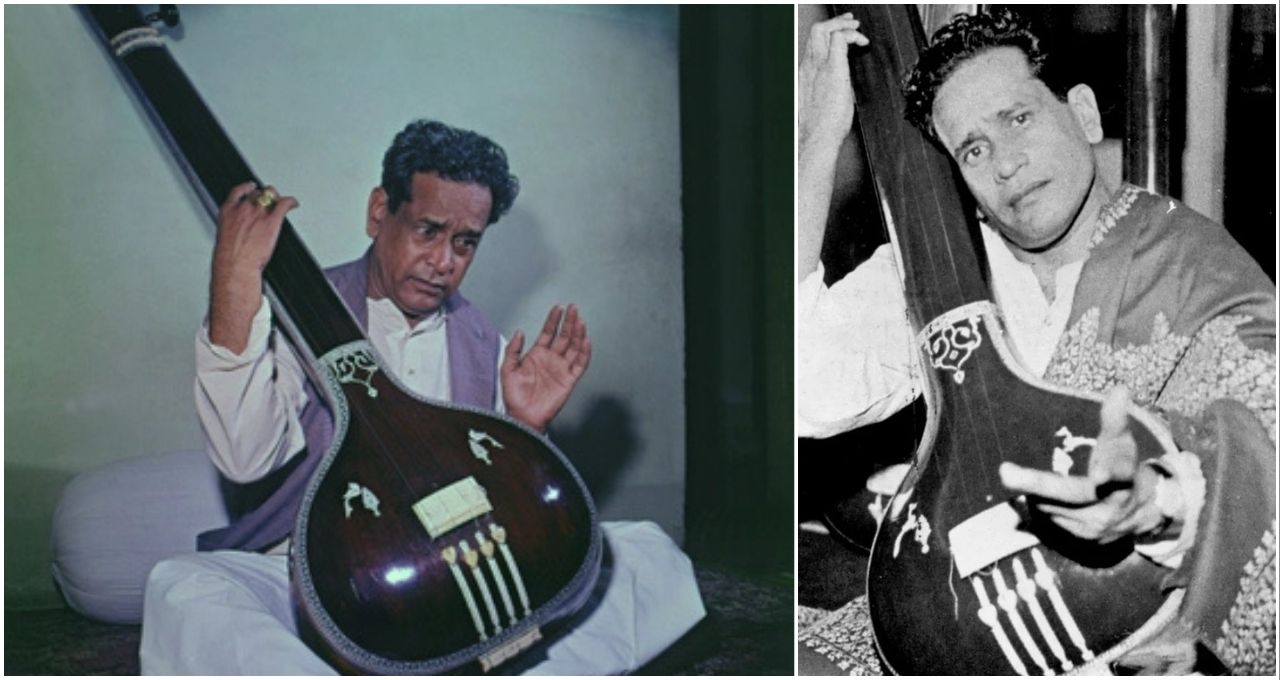
Bhimsen Joshi founded the Sawai Gandharva Music Festival in Pune in 1953 in memory of his guru Sawai Gandharva. This festival is still held every December and has become an annual pilgrimage for Hindustani classical music lovers. Pandit Joshi organized this festival until 2002 and brought it to the highest level.
Awards and Honors
Bhimsen Joshi received many prestigious awards during his lifetime. In 1998, he was awarded the Sangeet Natak Akademi Fellowship. In 2008, he was awarded India's highest civilian honor, the Bharat Ratna. Commemorating his life and contributions, India Post released his illustrated postage stamp in 2014.
Personal Life
Bhimsen Joshi married twice. His first wife was Sunanda Katti, with whom he had four children. In 1951, he also married Vatsala Mudholkar, and they had three children. He completely gave up his alcohol addiction in the 1970s. In addition, he also had a deep knowledge of cars and auto mechanics.
Health and Demise
Bhimsen Joshi was admitted to the hospital on December 31, 2010, due to gastrointestinal bleeding and severe pneumonia. He breathed his last on January 24, 2011, in Pune. His last rites were performed with full state honors at the Vaikunth Crematorium.
Pandit Bhimsen Joshi was not only a unique singer but also a true patron and inspiration of Indian classical music. His life and singing have left an indelible mark on the hearts of music lovers. His simplicity, devotion, and depth in ragas earned him nationwide respect. Bhimsen Joshi's music continues to be a source of inspiration for the new generation, and his legacy will always live on in the Indian cultural heritage.
